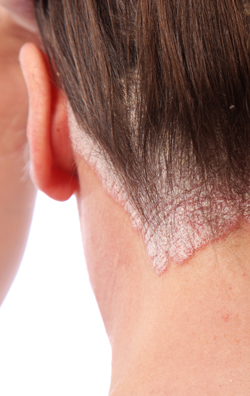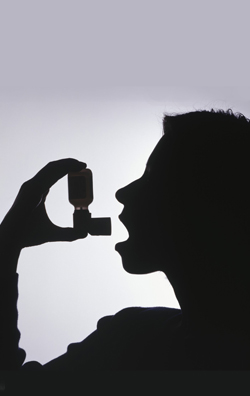
Water is the most essential component found on earth required for survival of all living beings. It is the most precious resource which is vital to life. In human adults, total body water accounts for about 70 percent of the lean body mass. Variations observed are mainly due to differences in fat contents. In obese males, water constitutes a lower percentage of the body weight (45-60 percent) than in lean individuals (55-70 percent). Adult lean females have a low water content (45-60) and the value in infants can be in the range 65-75 percent. A loss of even 10 percent water in the body is serious. A loss of 20 percent is said to be fatal.
Life cannot exist on earth without the presence of water as humans, plants and animals are mostly made up of water. Humans use water especially for drinking, cleaning, cooking, growing crops, herbs, etc. In America, around 150-250 gallons of water is used daily. More than this, a large amount of water is used in industries to generate electricity, transport goods and people and even for manufacturing things.
Apart from all necessary household activities, much of the fresh water is made in use for watering lawns, gardens, washing and cleaning vehicles, filling swimming pools, etc. Many of us sprinkle chemicals and harmful pesticides on the crops and plants growing in a farm. Then it is being treated with water that becomes even more polluted which could kill the living organisms who feed on these plants. We should always keep this in mind that we are not polluting the water bodies around us.
Functions:
Water performs its functions within the body by acting as the following:
-It is a part of all tissues and is essential for growth.
-Water is the solvent of life. In the presence of water as a solvent, many metabolic reactions and bodily functions take place.
-When food enters the body, it is soon exposed to watery secretions of saliva and the watery solutions in the stomach and intestine that allow the
food to mix with and react with the compounds responsible for digestion.
-Within cells the intracellular water serves as a suitable medium for nutrients to be transformed into the compounds needed to build and maintain
cells.
-Water acts as a lubricant in various parts of the body.
-Water plays an important role in the distribution of heat throughout the body and the regulation of body temperature.
-Water provides dietary minerals, as it contains significant amounts of minerals such as calcium, magnesium, sodium, zinc and copper.
The requirement of water depends on a person's age, weight and lifestyle and the climate in which he is living. In hot whether obese people feel more discomfort than do non-obese people.
Most of the requirement of water is met by drinking as such. Part of the requirement is met by the foods consumed and water used in cooking and the beverages consumed.





